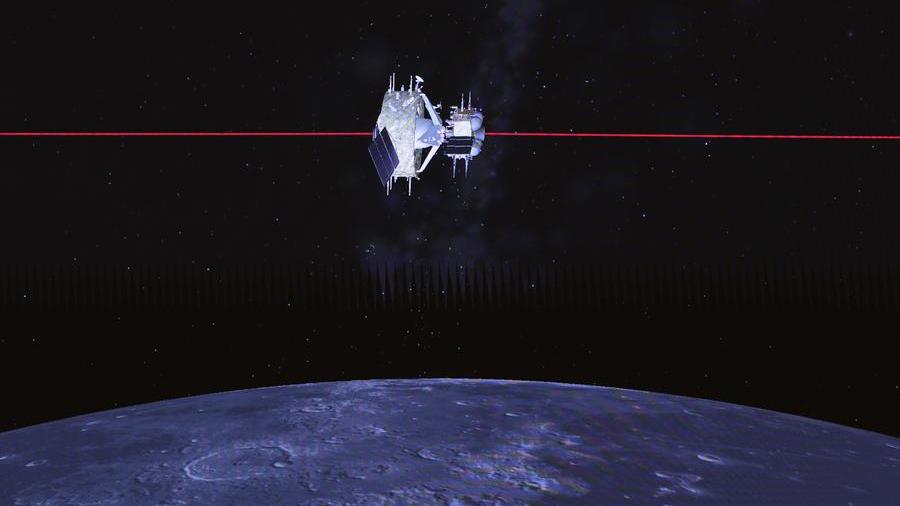PARIS, June 22 (Xinhua) -- China's launch of the Space-based Multi-band Variable Object Monitor (SVOM) developed in cooperation with France has garnered widespread attention from local media which hail Sino-French space cooperation.
The launch on Saturday of the astronomical satellite, the result of nearly 20 years of hard work between Chinese and French scientists, aims to capture gamma-ray bursts which flicker like fireworks in the farthest reaches of the universe.
The regional daily Sud Ouest said on Saturday that, developed by engineers from the two countries, the SVOM mission is a "symbol" of France-China space cooperation.
It also recalled that in 2018 China launched the China-France Oceanography Satellite (CFOSat), an ocean-observing satellite, noting that European countries are now also participating in China's Chang'e lunar exploration program.
Quoted Saturday by Le Monde, Francois Gonzalez, a project manager at the National Centre for Space Studies of France, described SVOM as "a lookout waiting for a random phenomenon that we know neither where nor when it will occur."
On average, SVOM should detect around 100 bursts per year. To fulfill its mission, the satellite is equipped with a quartet of instruments, two French and two Chinese, according to the same media report.
"A new chapter in France-China space cooperation. The Asian giant launched on Saturday June 22 a satellite tasked with tracking 'gamma-ray bursts', veritable luminous fossils that should provide further information on the history of the Universe," local channel France 24 reported.




 A single purchase
A single purchase









